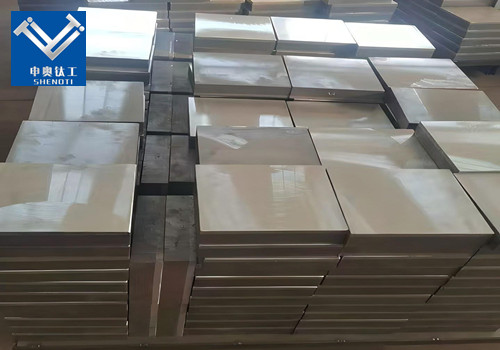
In Which Industries Are Nickel Steel Clad Plates Mainly Used?
2025-05-09 16:23:29
In Which Industries Are Nickel Steel Clad Plates Mainly Used?
Nickel steel clad plates are engineered materials that combine the strength of carbon or alloy steel with the corrosion resistance and high-temperature stability of nickel or nickel-based alloys. This fusion results in a cost-effective solution for industries that demand both mechanical robustness and resistance to harsh environments.
What Are the Key Properties of Nickel Steel Clad Plates?
Before delving into industry-specific applications, it's essential to understand the inherent properties that make nickel steel clad plates a material of choice:
Corrosion Resistance: Nickel's excellent resistance to corrosion, especially in acidic and alkaline environments, protects the underlying steel from degradation.
High-Temperature Stability: Nickel alloys maintain their mechanical properties at elevated temperatures, making them suitable for high-heat applications.
Mechanical Strength: The steel substrate provides structural strength, allowing the clad plate to withstand mechanical stresses.
Cost-Effectiveness: By cladding a thin layer of nickel alloy onto a steel base, manufacturers achieve the desired properties at a lower cost compared to using solid nickel alloys.
Which Industries Rely on Nickel Steel Clad Plates?
1. Chemical and Petrochemical Industry
In chemical processing plants, equipment is often exposed to corrosive substances like acids, alkalis, and solvents. Nickel steel clad plates are used to fabricate reactors, heat exchangers, and storage tanks, offering resistance to corrosion and ensuring the longevity of
2. Oil and Gas Industry
The oil and gas sector operates in challenging environments, including offshore platforms and subsea pipelines. Nickel steel clad plates are employed in constructing pressure vessels, separators, and pipelines due to their ability to withstand corrosive substances like hydrogen sulfide and saline water.
3. Power Generation
Power plants, especially those utilizing fossil fuels, require materials that can endure high temperatures and corrosive flue gases. Nickel steel clad plates are used in components like boiler tubes and flue gas desulfurization units, providing both strength and corrosion resistance.
4. Marine Industry
Marine environments are inherently corrosive due to the presence of saltwater. Nickel steel clad plates are utilized in shipbuilding and offshore structures to fabricate components like hulls, decks, and support structures, ensuring durability and resistance to seawater corrosion.
5. Construction and Infrastructure
In construction, especially in coastal or industrial areas, structures are exposed to corrosive elements. Nickel steel clad plates are used in building facades, bridges, and other infrastructure projects to enhance durability and reduce maintenance costs.
What Are the Advantages of Using Nickel Steel Clad Plates Over Other Materials?
When selecting materials for industrial applications, several factors come into play, including performance, cost, and longevity. Nickel steel clad plates offer several advantages:
Enhanced Performance: Combining nickel's corrosion resistance with steel's strength results in a material that performs well under mechanical stress and corrosive conditions.
Cost Savings: Cladding allows for the use of expensive nickel alloys only where necessary, reducing overall material costs compared to using solid nickel components.
Weight Reduction: Using clad plates can reduce the weight of structures, especially important in industries like aerospace and marine, where weight savings translate to fuel efficiency.
Design Flexibility: Clad plates can be customized in terms of thickness and dimensions, allowing for tailored solutions to specific engineering challenges.
How Do Nickel Steel Clad Plates Enhance Equipment Longevity?
The longevity of industrial equipment is crucial for operational efficiency and cost-effectiveness. Nickel steel clad plates contribute to this in several ways:
Corrosion Protection: The nickel layer acts as a barrier, preventing corrosive substances from reaching the steel substrate, thereby reducing the rate of degradation.
Thermal Stability: In high-temperature environments, nickel alloys maintain their structural integrity, preventing failures due to thermal stress.
Mechanical Durability: The steel base provides the necessary strength to withstand mechanical loads, reducing the risk of structural failures.
Maintenance Reduction: Enhanced resistance to corrosion and wear leads to fewer maintenance interventions, reducing downtime and operational costs.
What Are the Common Methods for Producing Nickel Steel Clad Plates?
Several techniques are employed to produce nickel steel clad plates, each with its advantages:
Explosion Bonding: This method uses controlled explosions to bond the nickel alloy to the steel substrate, resulting in a strong metallurgical bond.
Roll Bonding: Involves rolling the nickel and steel layers together under high pressure and temperature, promoting diffusion bonding.
Laser Cladding: Utilizes laser energy to melt and bond the nickel alloy onto the steel surface, allowing for precise control over the cladding thickness.
Weld Overlay: Involves welding a layer of nickel alloy onto the steel surface, commonly used for repairing or enhancing existing components.
Are There Any Limitations to Using Nickel Steel Clad Plates?
While nickel steel clad plates offer numerous advantages, certain limitations should be considered:
Initial Cost: Although more cost-effective than solid nickel components, the initial investment in clad plates can be higher than using standard steel, potentially impacting budget considerations.
Fabrication Complexity: Working with clad materials requires specialized fabrication techniques to avoid damaging the cladding layer, necessitating skilled labor and equipment.
Inspection Challenges: Detecting defects or delamination within clad plates can be more complex, requiring advanced non-destructive testing methods.
Nickel steel clad plates serve as a vital material across various industries, offering a combination of strength, corrosion resistance, and cost-effectiveness. Their applications span from chemical processing and oil and gas to power generation and marine engineering. By understanding the properties, advantages, and considerations associated with nickel steel clad plates, industries can make informed decisions to enhance the longevity and performance of their equipment and structures.
YOU MAY LIKE











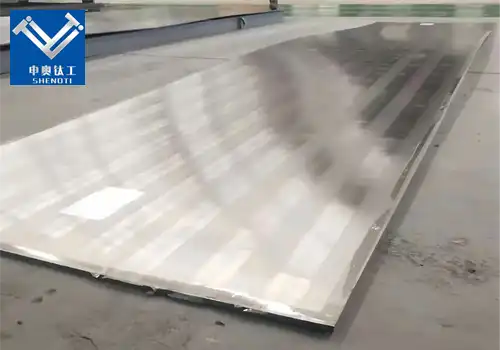
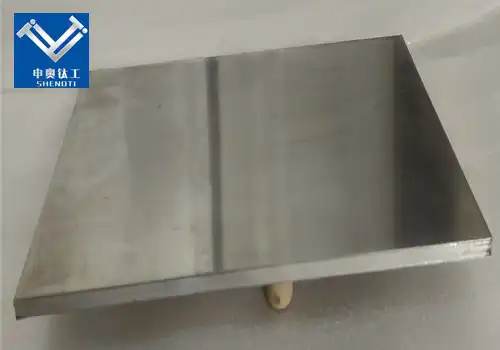
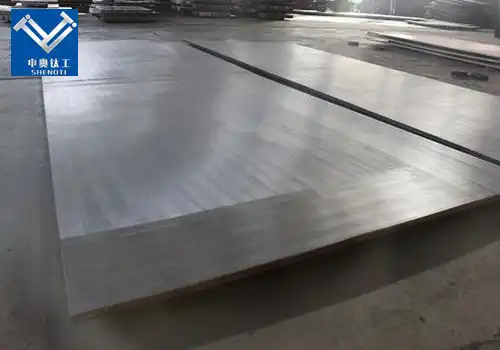
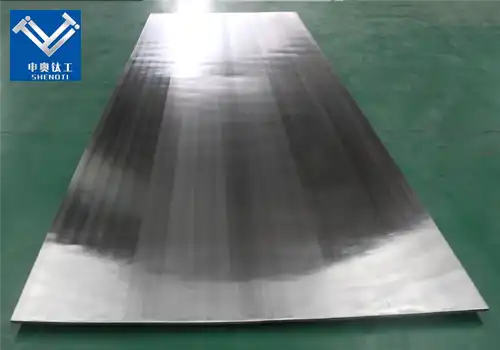
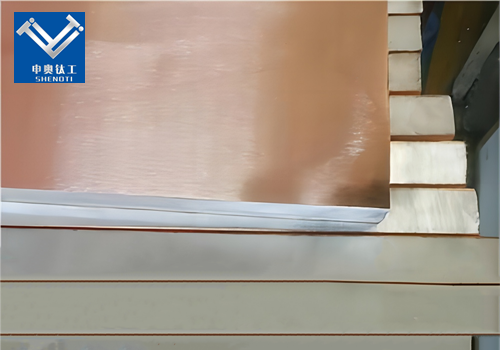
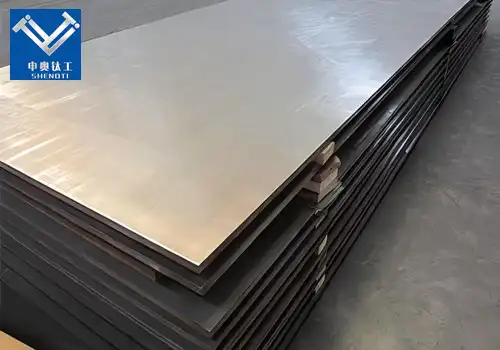
_1735019249058.webp)
